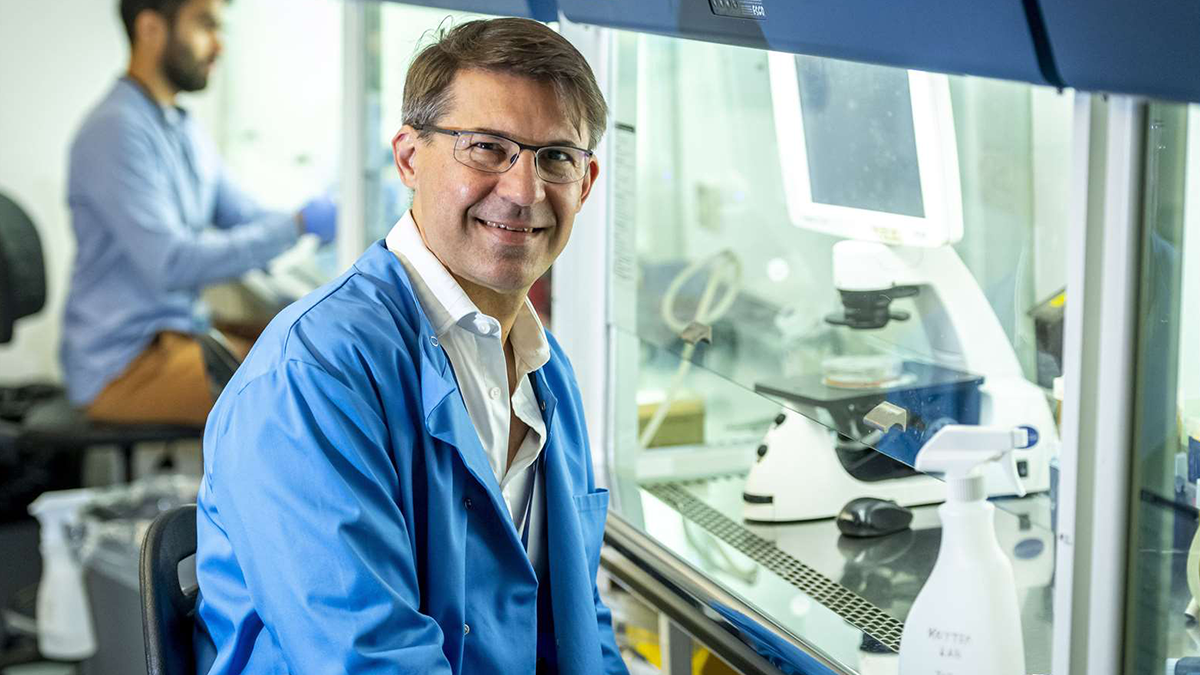15.12.2022 | Published by BIA
Blog
Back to blogs

15.12.2022 | Published by BIA

Six months on from my last blog – which looked at UKRI’s five-year strategy: ‘Transforming Tomorrow Together’ – we find ourselves in a very different economic and political landscape.
In his previous role as Chancellor, the Prime Minister demonstrated his recognition of the importance of UK science. In the earlier leadership contest, he was clear about his commitment to making Britain a 'science and technology superpower'.
With the new administration in place, the Government can unlock some of the issues which have bedevilled biotech, and UK science more widely.
Horizon membership in limbo, laboratory space at critically low levels and crucial investment in innovative life science companies stalling. Not to mention a huge STEM skills shortage and a reproducibility crisis: where taxpayers are asked to fund academic studies that are difficult to replicate.
Technological and scientific advances are creating a huge opportunity for UK biotech to contribute to a UK economic growth agenda – and ultimately deliver better outcomes for patients. But the scale of the challenges facing the sector is equal to this. If the Government gets this right then a bright future awaits. Alternatively, policy failure here would present a real risk to UK biotech companies like bit.bio, who are forced to move their operations abroad. Nations like the USA or Austria already invest more than the UK in R&D (as a % of GDP). The impact and the knock-on effect of this happening en masse would be crippling for the UK economy.
The early signs are positive; I am delighted to welcome George Freeman back to the elevated role of Minister of State for Science, Technology & Innovation. His expertise, passion and advocacy for the sector will have a great effect on the government. I look forward to working with him alongside officials in BEIS, OfLS, UKRI and the wider science community.
The Autumn Statement in November reaffirmed the Government’s vision for the UK as a scientific superpower and commitment to reforming regulation to unlock growth in key industries. The Chancellor’s confirmation that the R&D Budget will be protected at £20 billion by 2024/25 substantiates that ambition.
Whilst these ambitions are positive, at the same time, it is concerning to see the Government’s plans to cut the rate of the SME R&D tax relief scheme. As BIA has clearly laid out, such measures would severely impact the UK’s life sciences industry. We fully support BIA work and leadership alongside sector champions, such as Anthony Browne, bit.bio’s local MP, to find a solution in partnership with Government to ensure that vital investment is not affected.
During the pandemic, the importance of the UK science base in responding to the unprecedented challenge of COVID was made clearly apparent to the public. Now the case needs to be made further that this is a time to build on that recognition, ensure the UK’s position as the leading biotech nation, and secure that dividend as we rebuild a growing economy.
The coming months give us an opportunity to also make the case to the public at large. My previous blog outlined the four principles underpinning UKRI’s five-year strategy. The fourth, engagement, and “the removal of barriers between research and innovation and wider society” is ever more vital.
The UK’s future prosperity is reliant on becoming an Innovation Nation and ultimately, a science and technology superpower. Even through tough economic circumstances, the momentum is with us to make it happen.
Now is the time.